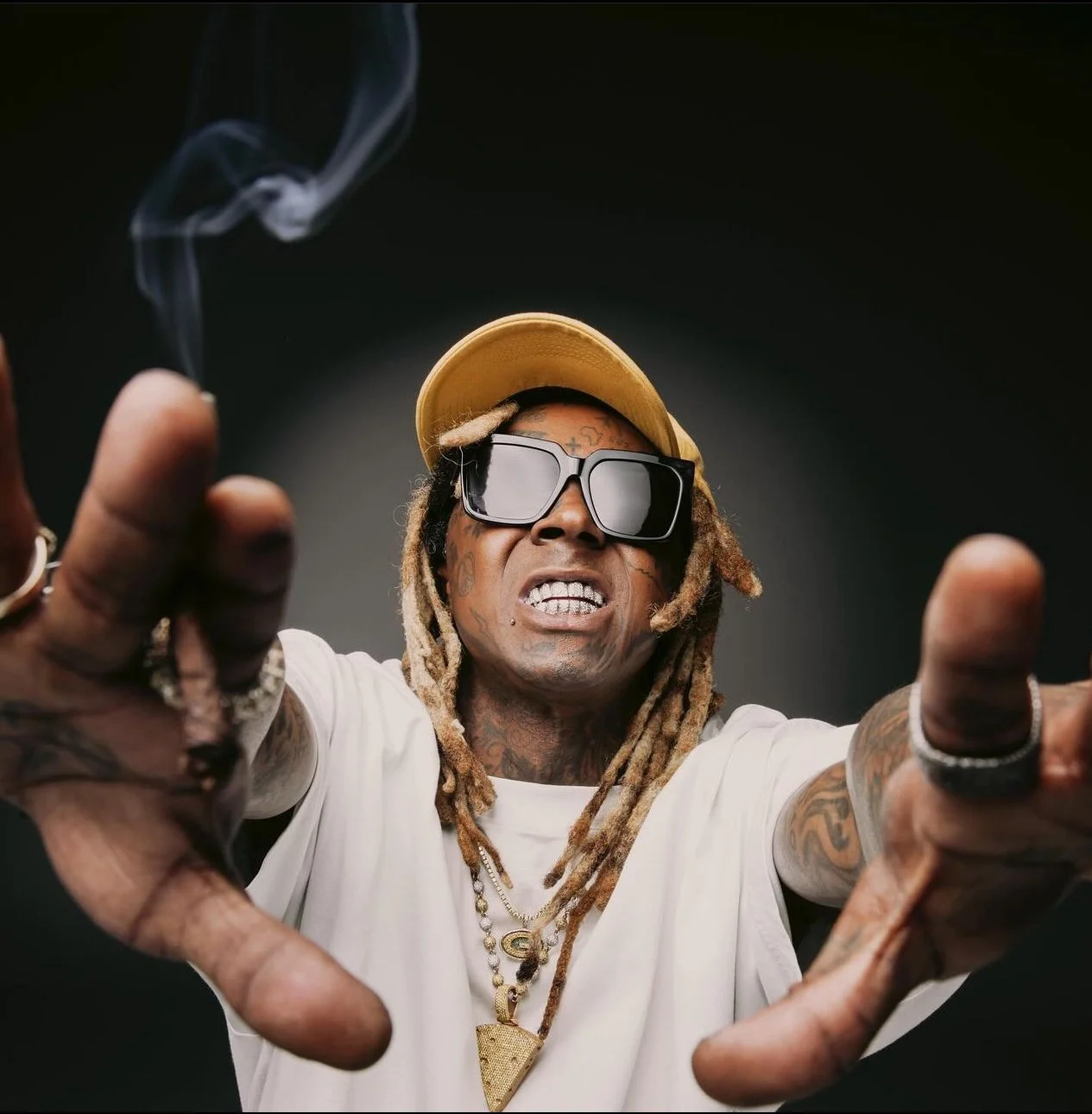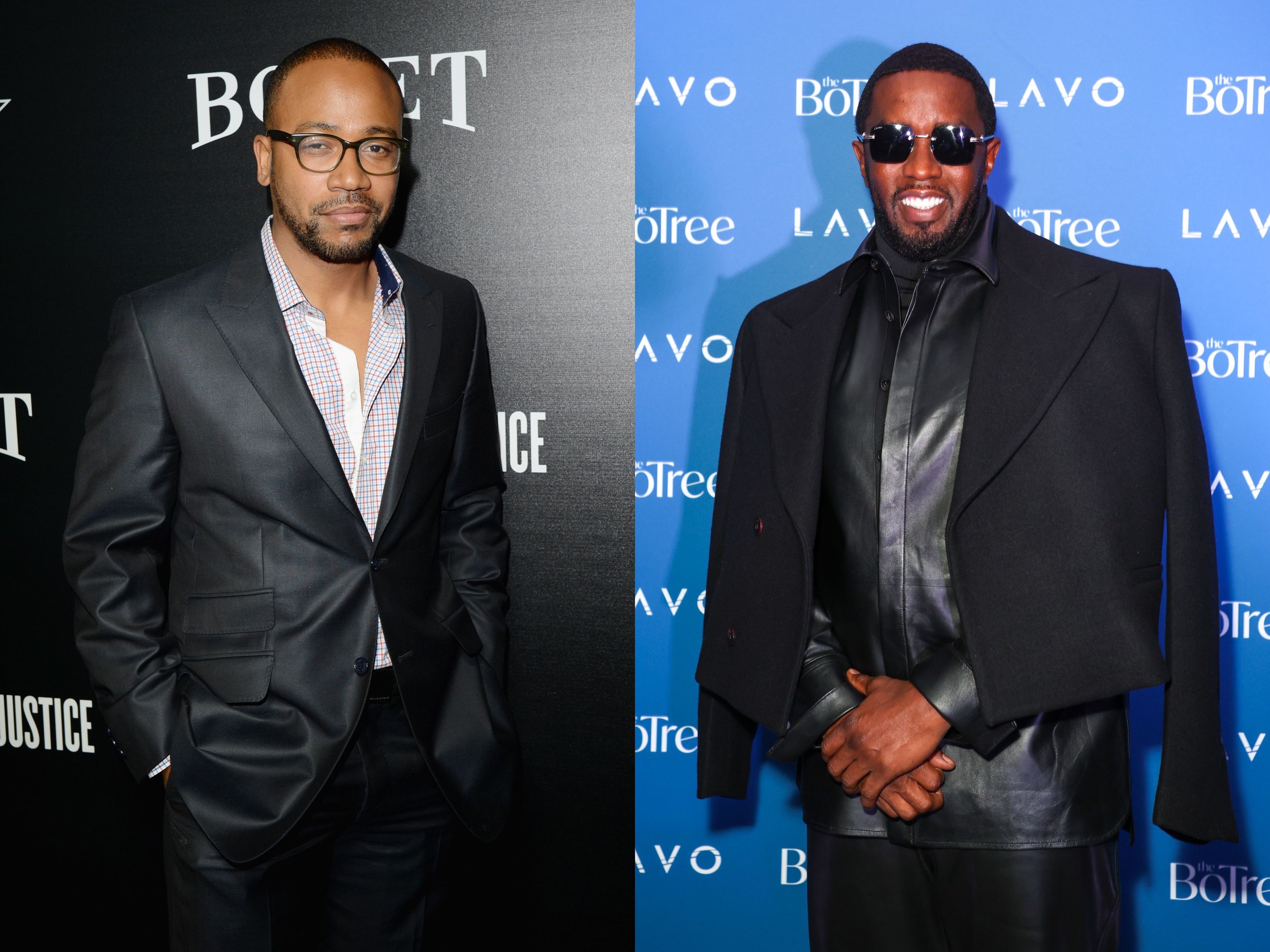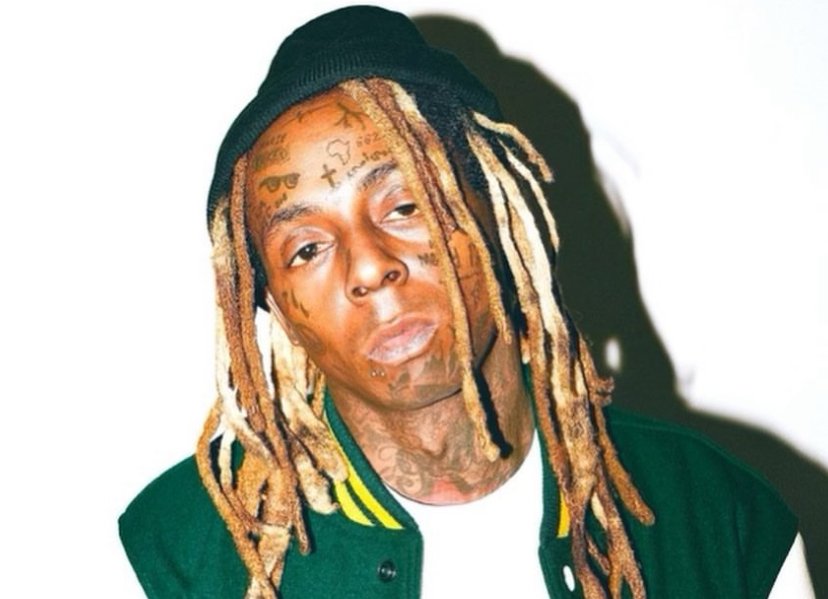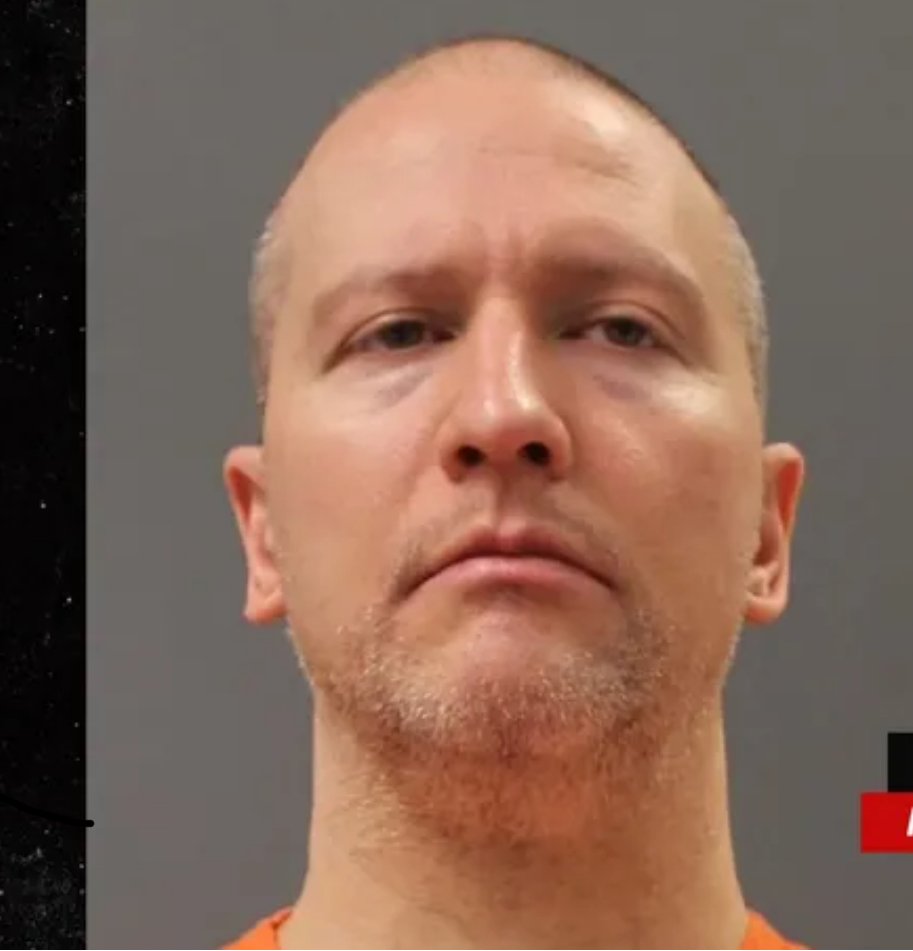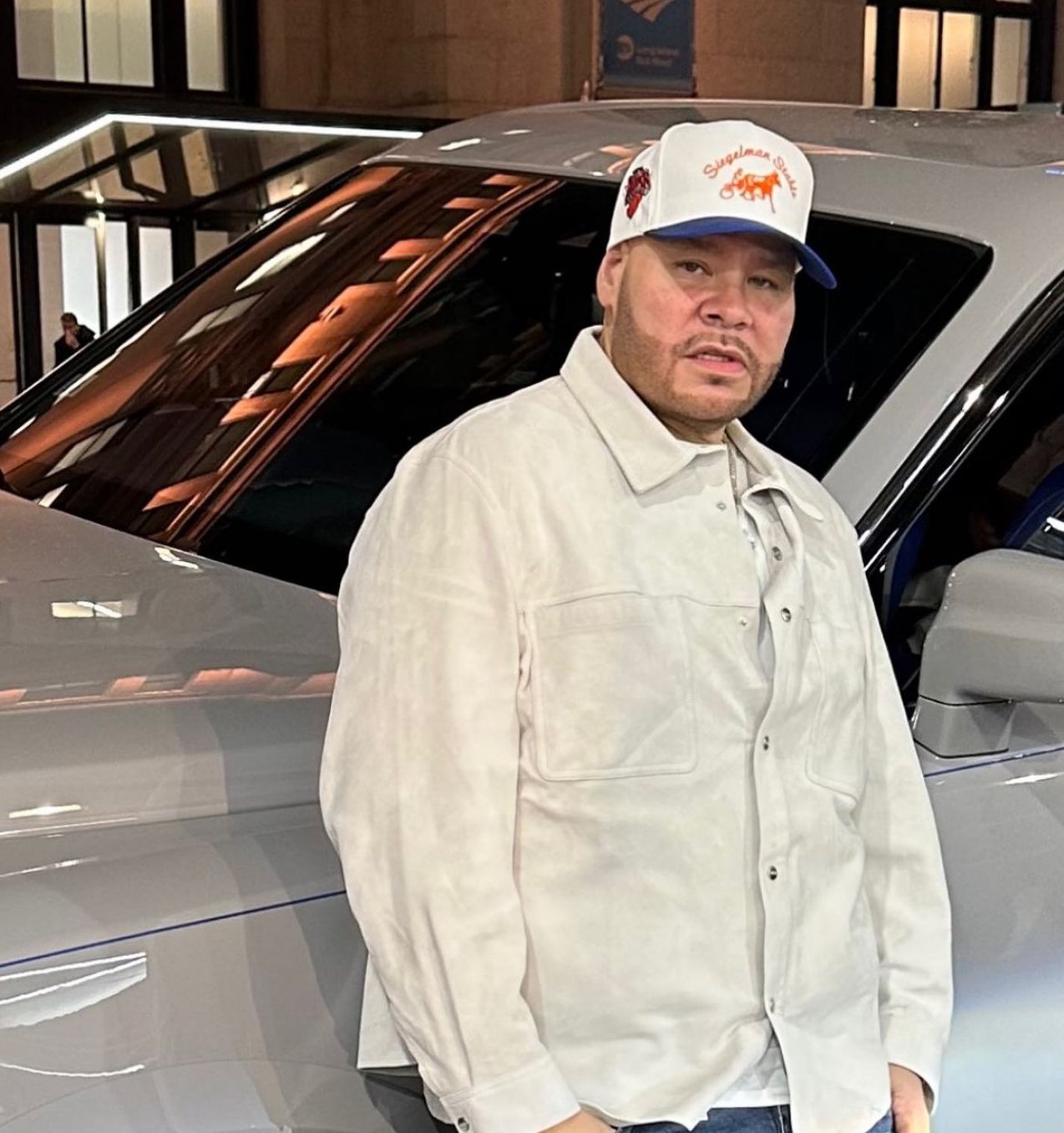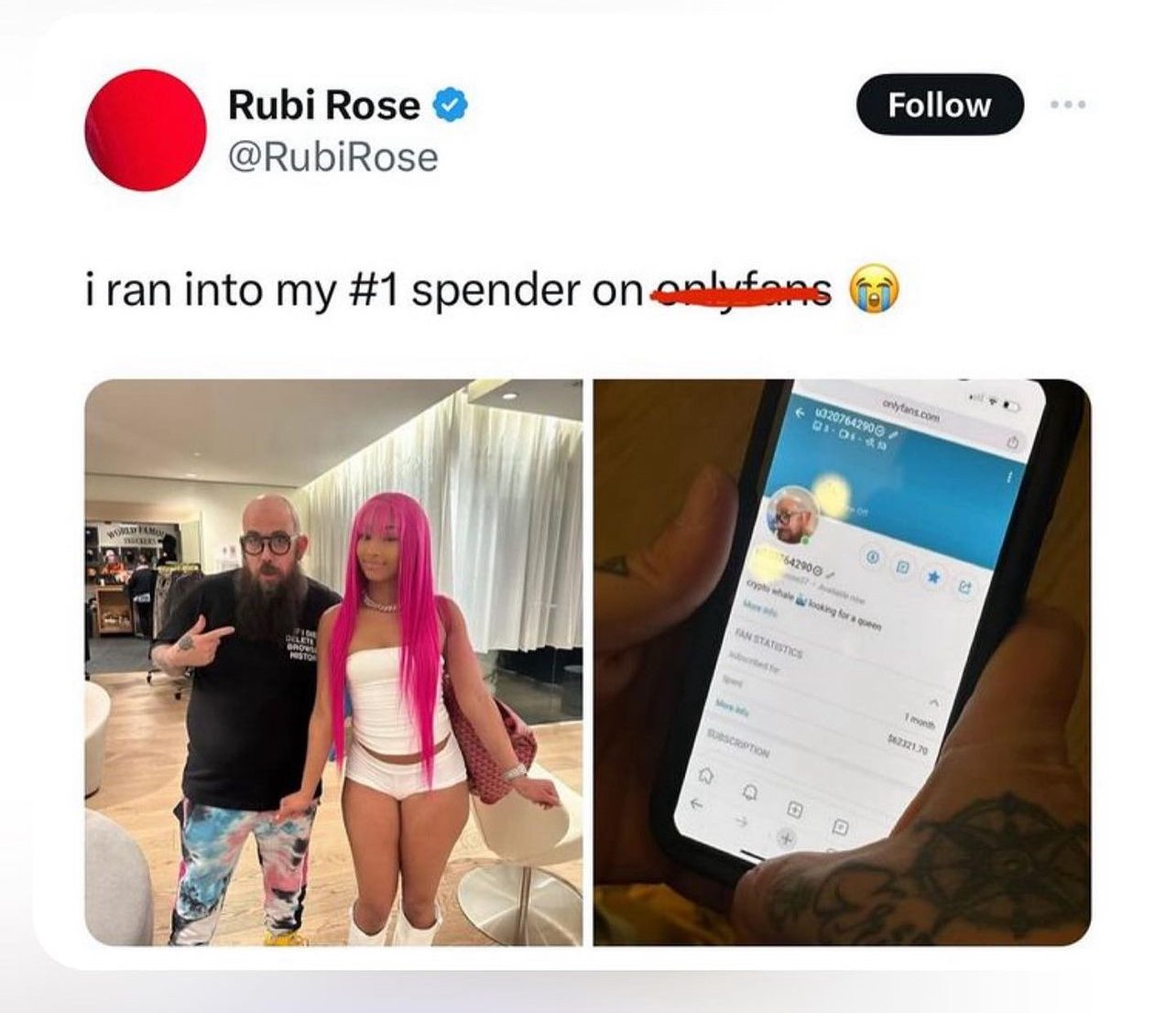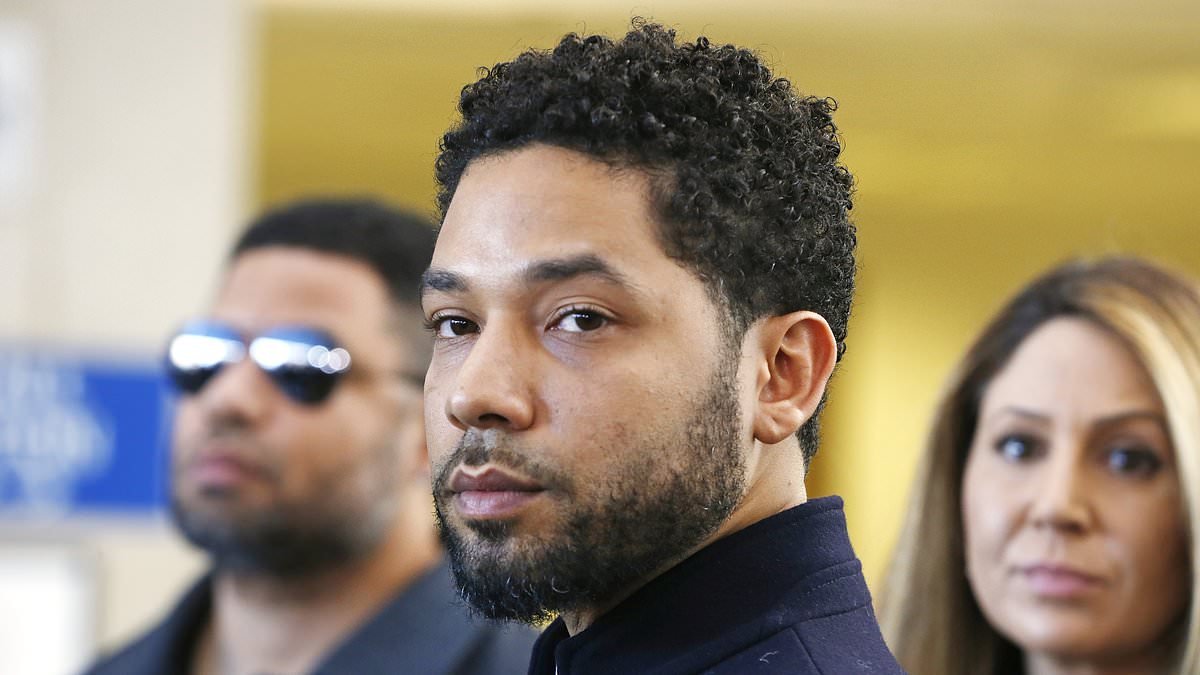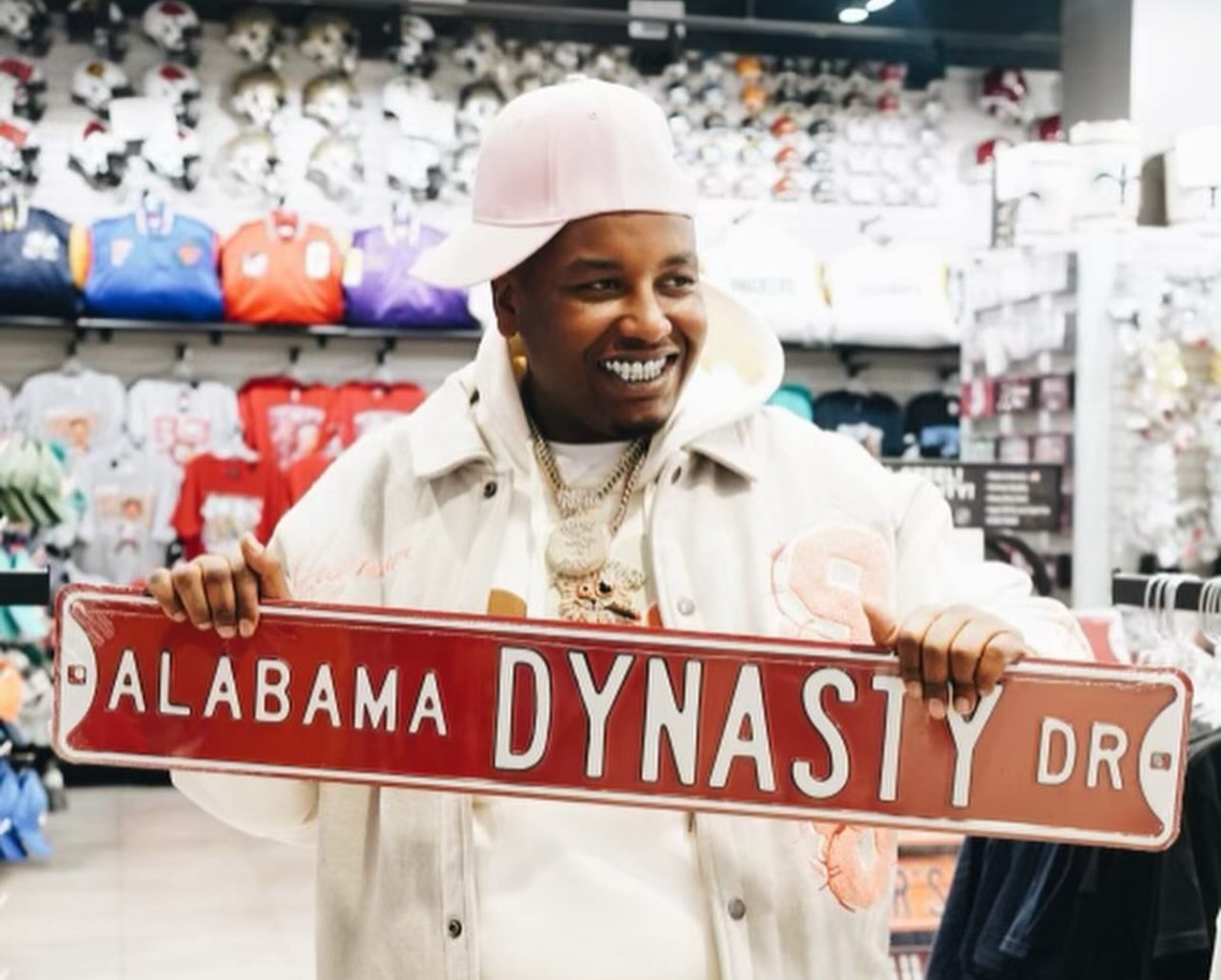In a recent episode of Young Money Radio, Lil Wayne delved into André 3000's recent comments about grappling with creativity in his 40s. The conversation with Tyga sparked Wayne's reflections on the challenges of aging in hip-hop and the contrasting perspectives between artists like André 3000 and his own unwavering commitment to the craft.
Wayne began by addressing André 3000's sentiments, quoting the iconic rapper's acknowledgment of feeling "inauthentic" in the current rap landscape as he navigates his 40s. André expressed concerns about finding relevant topics to discuss and conveyed a sense of uncertainty about fitting into the ever-evolving music scene.
In a recent episode of Young Money Radio, Lil Wayne delved into André 3000's recent comments about grappling with creativity in his 40s. The conversation with Tyga sparked Wayne's reflections on the challenges of aging in hip-hop and the contrasting perspectives between artists like André 3000 and his own unwavering commitment to the craft.
Wayne began by addressing André 3000's sentiments, quoting the iconic rapper's acknowledgment of feeling "inauthentic" in the current rap landscape as he navigates his 40s. André expressed concerns about finding relevant topics to discuss and conveyed a sense of uncertainty about fitting into the ever-evolving music scene.
Wayne, sharing his thoughts on André's perspective, admitted finding the comments somewhat disheartening. André's questions about what to talk about in his 40s struck Wayne as depressing, especially given his own perspective on the wealth of experiences and stories available to artists at any age.
Reflecting on his own approach to music creation, Wayne emphasized his ability to effortlessly find inspiration and topics to discuss. He highlighted that despite his age, he believes he has everything to talk about and remains passionate about the art form. Wayne's dedication to his craft stands in contrast to André's concerns about authenticity and relevance in an industry that often favors youth.
Wayne acknowledged the potential challenge of staying connected to current trends as an artist ages. However, he emphasized his commitment to remaining relevant by immersing himself in his work. Wayne revealed that he intentionally avoids outside influences, preferring to create music that he loves without being swayed by external opinions.
Addressing potential downsides, Wayne recognized the risk of feeling disconnected from the current music landscape. He admitted that some artists may hear what's going on and feel out of touch, but Wayne's solution is to stay focused on his passion, creating music and hoping for the best.
Wayne concluded by expressing his dedication to his craft, explaining that he immerses himself in his work, loves what he does, and releases music with the hope of making a significant impact. Despite potential challenges associated with aging in hip-hop, Wayne remains unapologetically committed to "swinging for the fences."
Lil Wayne's response provides insight into the diverse perspectives within the hip-hop community regarding the challenges and opportunities associated with aging in the industry.
Wayne, sharing his thoughts on André's perspective, admitted finding the comments somewhat disheartening. André's questions about what to talk about in his 40s struck Wayne as depressing, especially given his own perspective on the wealth of experiences and stories available to artists at any age.
Reflecting on his own approach to music creation, Wayne emphasized his ability to effortlessly find inspiration and topics to discuss. He highlighted that despite his age, he believes he has everything to talk about and remains passionate about the art form. Wayne's dedication to his craft stands in contrast to André's concerns about authenticity and relevance in an industry that often favors youth.
Wayne acknowledged the potential challenge of staying connected to current trends as an artist ages. However, he emphasized his commitment to remaining relevant by immersing himself in his work. Wayne revealed that he intentionally avoids outside influences, preferring to create music that he loves without being swayed by external opinions.
Addressing potential downsides, Wayne recognized the risk of feeling disconnected from the current music landscape. He admitted that some artists may hear what's going on and feel out of touch, but Wayne's solution is to stay focused on his passion, creating music and hoping for the best.
Wayne concluded by expressing his dedication to his craft, explaining that he immerses himself in his work, loves what he does, and releases music with the hope of making a significant impact. Despite potential challenges associated with aging in hip-hop, Wayne remains unapologetically committed to "swinging for the fences."
Lil Wayne's response provides insight into the diverse perspectives within the hip-hop community regarding the challenges and opportunities associated with aging in the industry.

